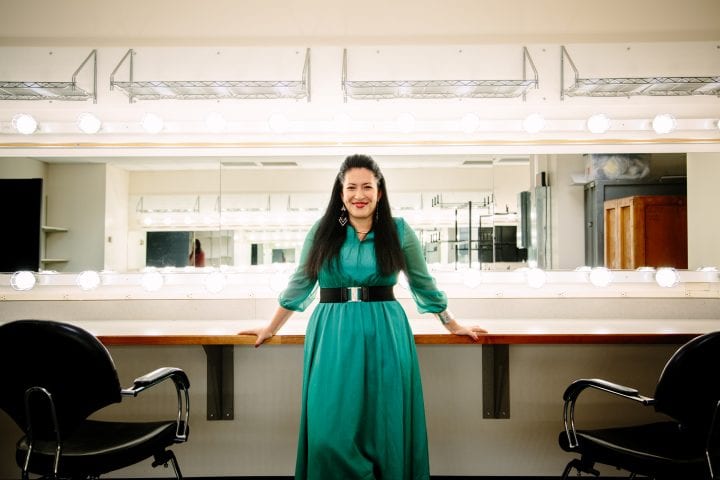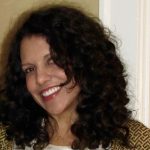
WITS Voices: The Courage Lessons
May 30, 2018
By Jamaica Baldwin, WITS Writer-in-Residence
I’m learning so many different ways to be quiet. There’s how I stand
in the lawn, that’s one way. There’s also how I stand in the field
across from the street, that’s another way because I’m farther from
people and therefore more likely to be alone. There’s how I don’t
answer the phone, and how I sometimes like to lie down on the
floor in the kitchen and pretend I’m not home when people knock.
There’s daytime silent when I stare, and nighttime silent when I
do things. There’s shower silent and bath silent and California silent
and Kentucky silent and car silent and then there’s the silence that
comes back, a million times bigger than me, sneaks into my bones
and wails and wails and wails until I can’t be quiet anymore. That’s
how this machine works.
—”The Quiet Machine,” Ada Limón
At the recent Skagit Valley Poetry Festival, I had the enormous pleasure of listening to Ada Limón read the above poem. This is a poem I used last fall with my 9th grade class at Ballard High School. For the assignment, I asked them to begin the way she began, with I’m learning so many different ways to be ____________, replacing quiet for a truth of their own. I asked them to use her poem as a scaffold for theirs. But, what I was really asking them for was courage, to examine what they might be learning in their lives that have nothing to do with formal education and then share it with a complete stranger.
As teaching artists, we are often asking our students to be courageous. Courage is not something easily enticed, and therefore, when a student breaks him or herself open on the page, I want firecrackers and balloons and a parade in their honor. I want them to know that by allowing themselves to be vulnerable, they are creating an ever-so-slight shift in the atmosphere. They are giving us, all of us, that much more air to breathe.
Breaking Open to Courage
by Jamaica Baldwin
I am learning so many different ways to be in awe of my students. There’s how they swell into bravery when I least expect it. How they open their young wounds to show me where it hurts. How they whisper on the page what they can’t tell their friends (or won’t): I enjoy my family, small kindnesses, and sometimes I cry when I’m alone and it feels good. There’s how their willingness to be vulnerable makes me too want to weep because that’s what writing does to a body. It offers the body permission it doesn’t know it never needed.
I am learning so many different ways to admire my students. There’s how they risk and share and crack open a little, just enough to let some of their wonder through. There’s how, even in their defiance of poetry, they lift their voices to meet mine. How they challenge and try and tell me, in their private letters, I think I kind of like this thing called writing. There’s how this secret between us is its own kind of sword, a sword I hope they continue to wrap their tentative fingers around and pull. How through the act of pulling they are teaching the stone to give, teaching their memories to supple and their dreams to soar. That’s another way, because through their writing, they are also teaching me there’s never a good time to abandon courage.
There’s writing courage and sharing courage, memory courage and truth courage. There’s the courage that raises their hands in the air when I ask for volunteers to read. There’s how they stand trembling and electric and petrified, but do it anyway. That’s how this awe of mine works—one student at a time.
 Jamaica Baldwin is a graduate of the M.F.A. Program in Creative Writing at Pacific University Oregon and a 2017 Jack Straw Writer’s Fellow. Her poetry has been published, or is forthcoming, in Rattle, Spiral Orb, Jack Straw Anthology, Hayden’s Ferry, Third Coast Review and the Seattle Review of Books, where she was the March 2017 poet in residence. She teaches at Hugo House and Writers in the Schools in Seattle and is currently working on her first book.
Jamaica Baldwin is a graduate of the M.F.A. Program in Creative Writing at Pacific University Oregon and a 2017 Jack Straw Writer’s Fellow. Her poetry has been published, or is forthcoming, in Rattle, Spiral Orb, Jack Straw Anthology, Hayden’s Ferry, Third Coast Review and the Seattle Review of Books, where she was the March 2017 poet in residence. She teaches at Hugo House and Writers in the Schools in Seattle and is currently working on her first book.